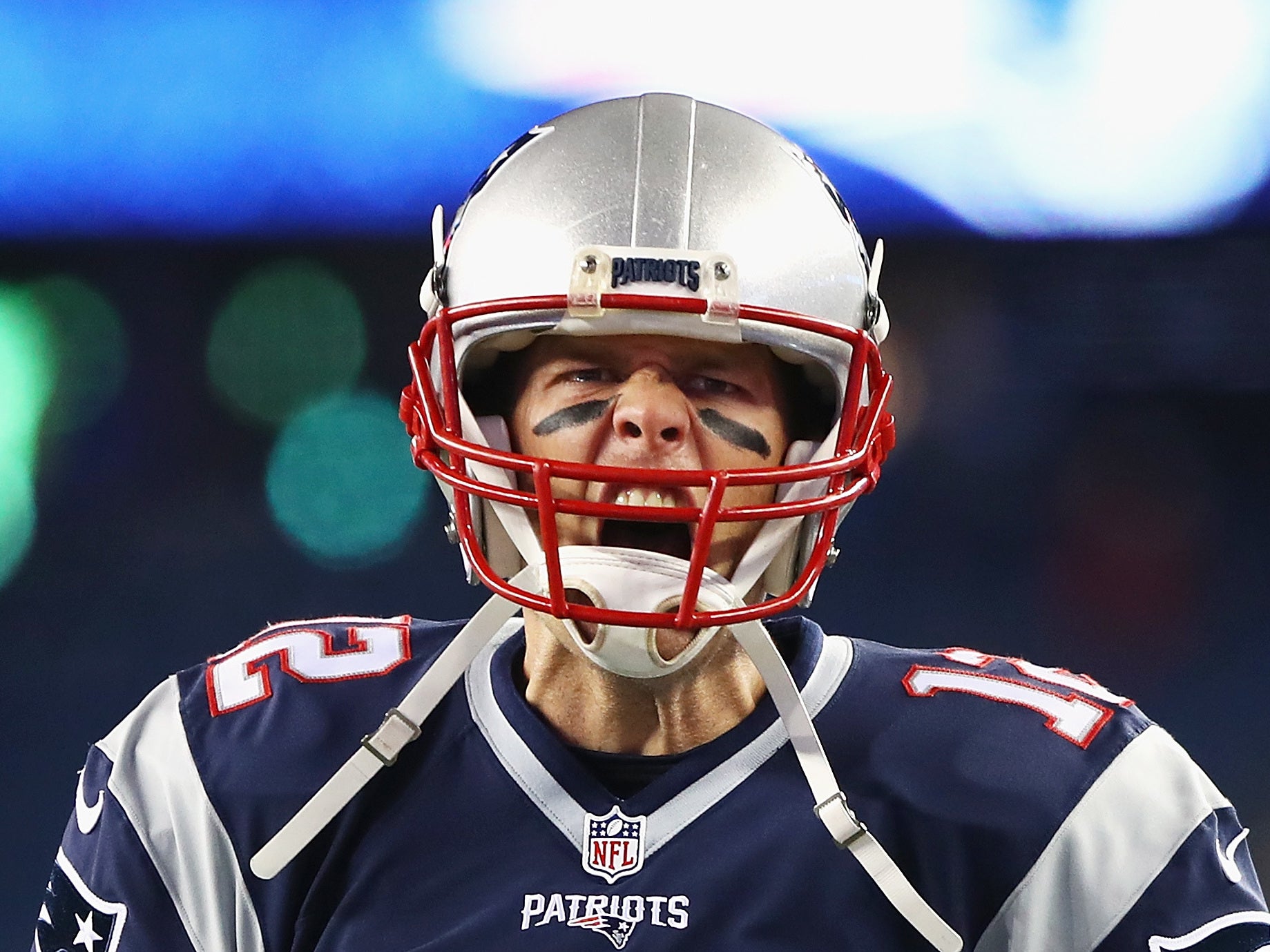What does Tom Brady’s move to the Tampa Bay Buccaneers mean for Manchester United?
United's summer plans will not be affected but does it hint at a change in strategy?

One of the most extraordinary free agency moves in NFL history is happening and it is being signed off by the Glazer family.
After ending his 20-year association with the New England Patriots, Tom Brady will join the Tampa Bay Buccaneers. The six-time Super Bowl winner, future Hall of Fame inductee and one of the greatest quarter-backs of all time is expected to earn approximately €30 million-per-year at Tampa Bay, in what will be the intriguing second act of a truly great career.
And on this side of the Atlantic, there is an inevitable question: What, if anything, does this mean for Manchester United? Coincidentally, just as the first whispers around Brady’s move to Tampa emerged, €1 billion was wiped off United’s share price on the New York Stock Exchange. Global stock markets are crashing due to the coronavirus pandemic, of course, and the effects of this single fall in United’s price are unlikely to be significant or long-term, but the juxtaposition with the news coming out of another Glazer-owned entity was nonetheless stark.
But Tampa Bay are not United. The Bucs won the Super Bowl in 2003, but have nothing like the same worldwide fanbase, reach and influence. Though this is a relatively fallow period in United’s history, it is trophy-laden compared to the last decade or more in Florida. Tampa Bay have not reached the NFL play-offs in 13 years. Their average attendance was the third-lowest of the NFL’s 32 teams during the 2019 season, the second-lowest based on percentage of stadium capacity. In Premier League terms, they are relegation scrappers rather than top-four contenders.
With Brady, all that changes. The risks of acquiring a 42-year-old on a substantial annual salary – one of the highest in the NFL and more than he was earning at the Patriots – are counteracted by his marketability and pulling power. The Glazers will have required little persuading to make this happen. Brady’s expected arrival in Tampa elevates the Bucs to a level of prominence they have not enjoyed since winning the Super Bowl, if ever. More than 5,000 people joined online queues for season tickets in the hours after the initial reports of Brady’s decision.
The NFL is an entirely different market to European football, but United supporters may still look at the $30m annual salary – more than even the wildest, most inaccurate estimates of Alexis Sanchez’s – and wonder whether they could see similar extravagance at Old Trafford. United’s debt under the Glazers is still large. In the full accounts for the 2018-19 season, it stood at £511.2m – the highest of any club in the Premier League, even after Tottenham had financed the development of their new stadium through loans worth up to £637m.
The Glazers’ 2005 takeover has cost more than £1bn in interest, fees and other money used to service the debt, while family members on the United board are among those to have received regular dividends over the years, with £23.3m paid out to all shareholders last season. But while the Glazers’ curious approach to debt management has surely limited United and deserves scrutiny, it has not necessarily made them uncompetitive actors in the transfer market.
United consistently post an average net spend on players of more than £100m, rivalling – if not surpassing – many of their closest competitors. The money could often have been spent better, but it has been spent. The Brady news is understood to have no effect on United's summer transfer plans.
Its real relevance to all things Old Trafford is not in the finances but in the type of deal it represents. It was, after all, only a few years ago that United were pursuing a similar strategy and signing superstars for substantial amounts of money, partly to achieve success on the pitch, partly to maintain and enhance their reputation as one of the most attractive destinations for talent in world football.
That approach softened after the expensive flops like Sanchez, Angel di Maria and Radamel Falcao, the long flirtations with Gareth Bale and a Cristiano Ronaldo return, and the mixed fortunes of Paul Pogba. United are now more likely to buy from the likes of Sporting CP, Shakhtar Donetsk or Leicester than Juventus and Real Madrid. Harry Maguire arrived as the world’s most expensive defender last year, but without any suggestion that this was a signing to send shockwaves through football – Bruno Fernandes the same.
The Brady move is different. Like Fenway Sports’ controversial decision to trade Mookie Betts from the Boston Red Sox, it says more about how the Glazers approach running a sports team than their financial resources.
The most valuable lesson to be learned here is that the Glazers can still be seduced by a costly but potentially game-changing addition: not necessarily because the player in question will transform fortunes on-the-pitch, but because he could transform everything off it.
Subscribe to Independent Premium to bookmark this article
Want to bookmark your favourite articles and stories to read or reference later? Start your Independent Premium subscription today.

Join our commenting forum
Join thought-provoking conversations, follow other Independent readers and see their replies